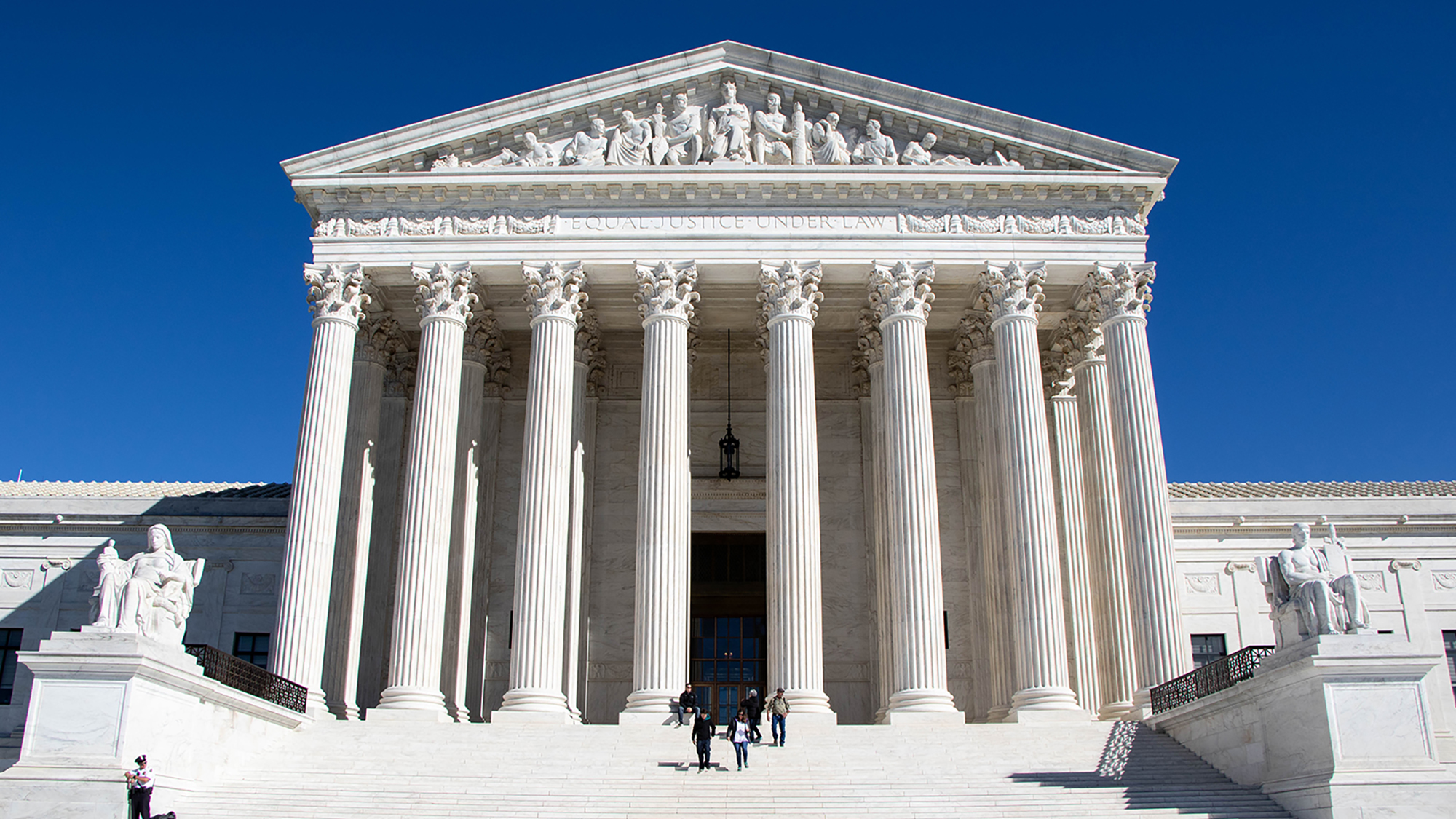Views expressed in opinion columns are the author’s own.
The news of Justice Stephen Breyer’s retirement has brought the U.S. Supreme Court back into the news, and with it, the conversation about whether the courts are actually apolitical.
This is an absurd notion just on the face of it. The Supreme Court’s actions make them a political institution by definition — and it always has been. It is a misnomer to say the justices can be apolitical when ruling on issues such as civil and voting rights, rulings that have major ramifications on who can fully participate in our political process.
This kind of framing by media and political pundits is deeply inaccurate and ahistorical. Some might say some issues — especially those that are supposed to be universal, such as the previously mentioned civil and voting rights — are not inherently political, or that someone’s political beliefs and their interpretation of the law can be completely compartmentalized. However, it is important to acknowledge that while basic human rights should be universal and should not be as partisan as they have become, that does not mean the issue is not political in nature. Even though all people should have the same rights, the fact is, they don’t. And it takes political action to get closer to equality.
However, what disturbs me most about this apolitical framing is not its inaccuracy, but that it is almost always used with a positive connotation. I understand why people feel the need to assign “political” a negative connotation and “apolitical” a positive one.
In our current climate, “political” often denotes overly dogmatic infighting and needless gridlock; many people who say they are apolitical seem to be implying they are moderate and above mudslinging. However, in my eyes, “apolitical” should not be used to denote purity and “staying above the fray” but staying neutral about important issues that affect millions of people’s lives.
Do we really want leaders to be ambivalent on civil rights? What about corporate influence on politics? Free and fair elections? Of course, none of them are, but that does not stop each potential nominee from swearing their political beliefs will not sway their rulings. They say this not because it is true, but because they know that is the expectation put upon them even though everybody knows they are political actors.
This rhetoric may be misguided when applied to governmental institutions such as the U.S. Supreme Court but when it is applied to activist movements, it can be downright disempowering. During the 2020 Black Lives Matter protests, several people who supported the protestors described themselves as not political. This is again not true; fighting for civil and human rights is always political. Calling the antiracist movement apolitical was meant to be an argument in its favor, but describing it just makes the public messaging more simplistic and less likely to challenge existing political power structures.
This is not just a factor in how we describe modern activist movements. Historical activists such as Martin Luther King Jr. often have their messages sanded down into platitudes, while his more radical and overtly political views on issues such as poverty or war are less remembered because they still challenge modern political structures.
Describing a figure or movement as apolitical may make them more palatable to the general public, but that does not mean it is true, or that it makes their messages better. This implication is damaging not only because of its clear inaccuracy, but also its preconceptions on what politics is and should be.
Politics is bigger than strictly partisan squabbles between Democrats and Republicans; it’s about affecting change and implementing policies that will improve people’s lives. Pretending you do not care one way or another about how to achieve those things is not endearing; that kind of apathy is a political statement in itself. In this sense, being apolitical is a trait that should not be grafted onto people to make them more likable, and it should not be celebrated when it is actually exhibited.
Adam Cullen is a junior government and politics major. He can be reached at acullen@umd.edu.



